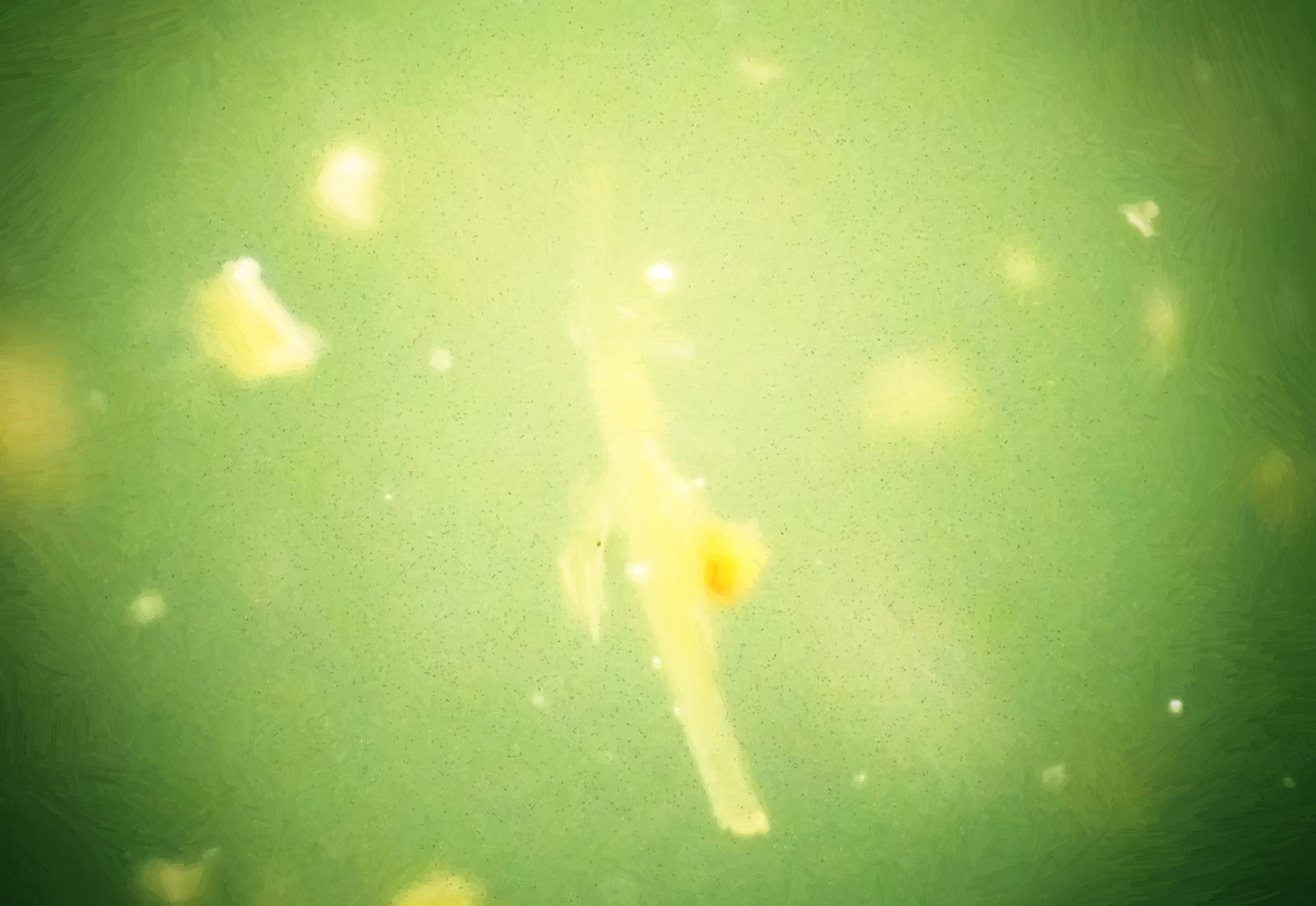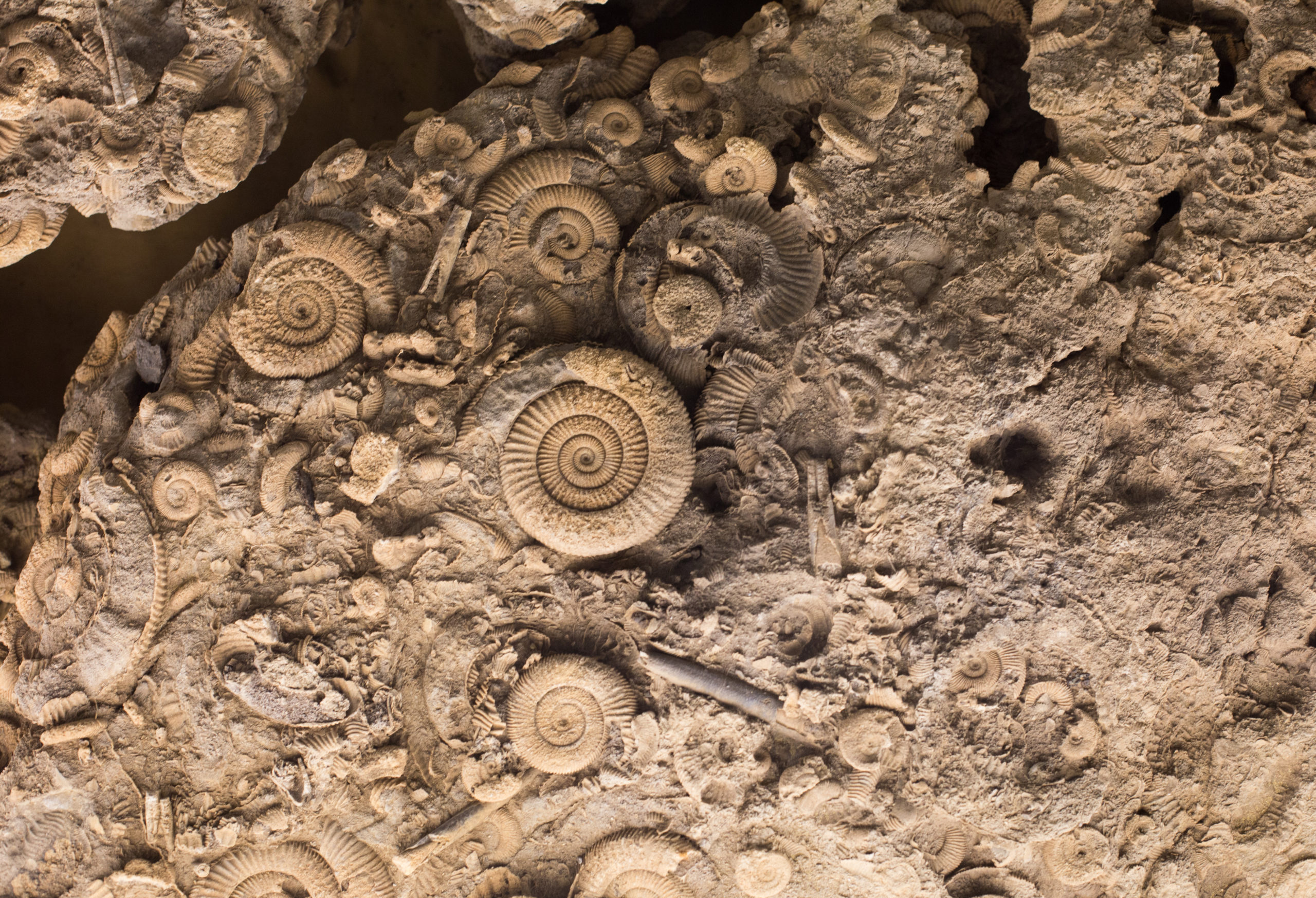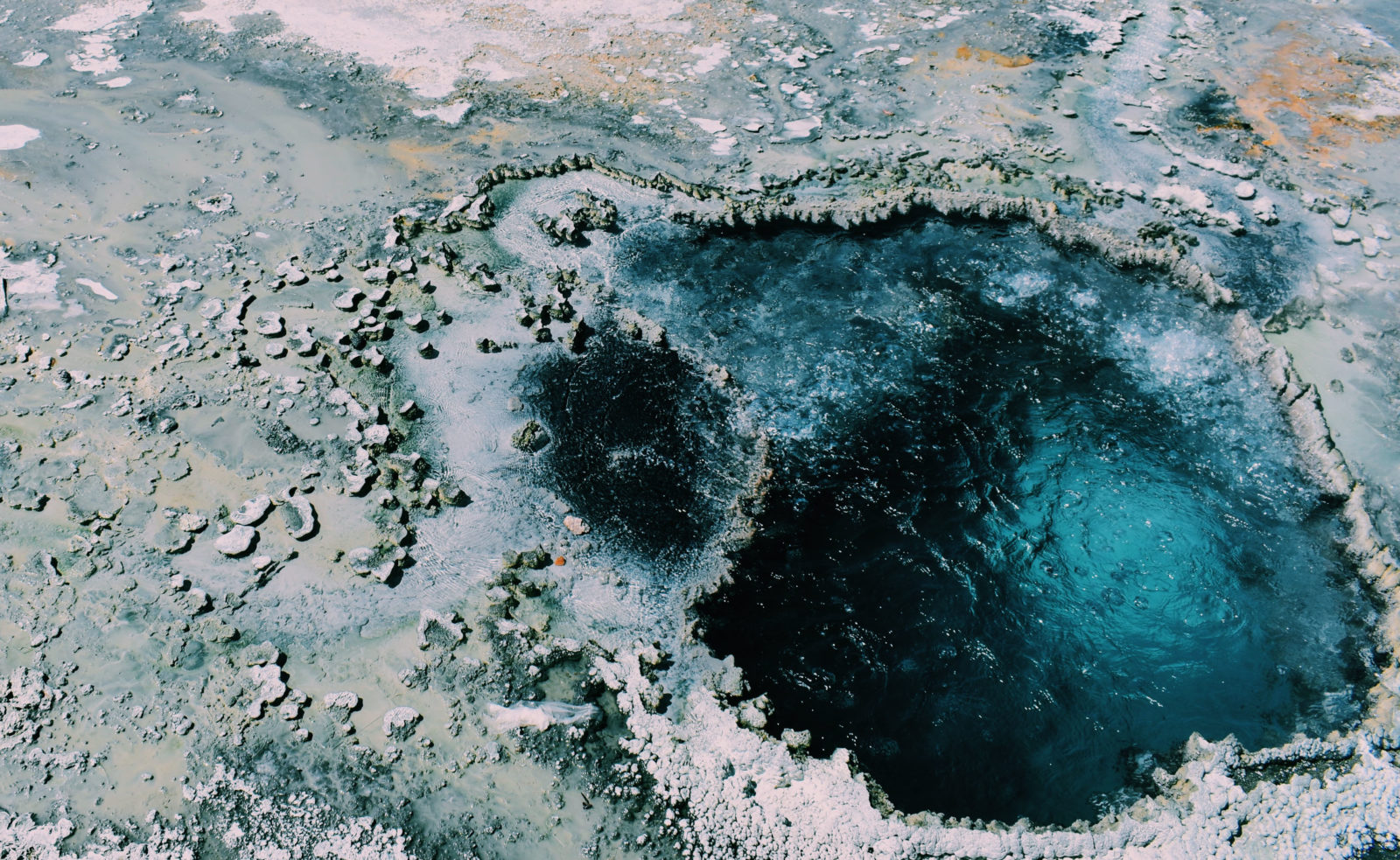


Origin-of-Life Mystery at the University of Tokyo, Pt. 2

Can Self-Organization Explain the Origin of Biological Information?

Evidence of Intelligent Design in the Origin of Life

The Cambrian Explosion
Both Charles Darwin himself and contemporary neo-Darwinists such as Francisco Ayala, Richard Dawkins, and Richard Lewontin acknowledge that biological organisms appear to have been designed by an intelligence. Yet classical Darwinists and contemporary Darwinists alike have argued that what Francisco Ayala calls the “obvious design” of living things is only apparent. As Ayala, a former president of the American Association for the Advancement of Science, has explained: “The functional design of organisms and their features would therefore seem to argue for the existence of a designer. It was Darwin’s greatest accomplishment to show that the directive organization of living beings can be explained as the result of a natural process, natural selection, without any need to resort to a Creator or other external agent.”
According to Darwin and his contemporary followers, the mechanism of natural selection acting on random variation is sufficient to explain the origin of those features of life that once seemed to require explanation by reference to an intelligent or purposeful designer. Thus, according to Darwinists, the design hypothesis now represents an unnecessary and un-parsimonious explanation for the complexity and apparent design of living organisms. On these as well as methodological grounds contemporary biologists have generally excluded the design hypothesis from consideration as an explanation for the origin of biological form.
Read More ›
Who’s Got the Magic?
In criticizing Phillip Johnson’s “intelligent design creationism,” Robert Pennock raises a particularly worrisome legal consequence of Johnson’s view. According to Pennock, Johnson insists “that science admit the reality of supernatural influences in the daily workings of the world.” But what if the same reasoning that Johnson is trying to import into science were adopted in Johnson’s own area of specialization Read More ›

Designed or Designoid
Richard Dawkins begins climbing Mount Improbable by contrasting two rock formations (Dawkins, 1996). The first is a weathered hillside in Hawaii that, when it is viewed from a certain direction at a certain time of day at a certain time of the year, casts a shadow that has a resemblance to John F. Kennedy. The second is the magnificent Mount Read More ›

The Origin of Life and the Death of Materialism
Introduction Alfred North Whitehead once said that “when we consider what religion is for mankind and what science is, it is no exaggeration to say that the future course of history depends upon the decision of this generation as to the relations between them.” Whitehead spoke early in this century at a time when most elite intellectuals believed that science Read More ›